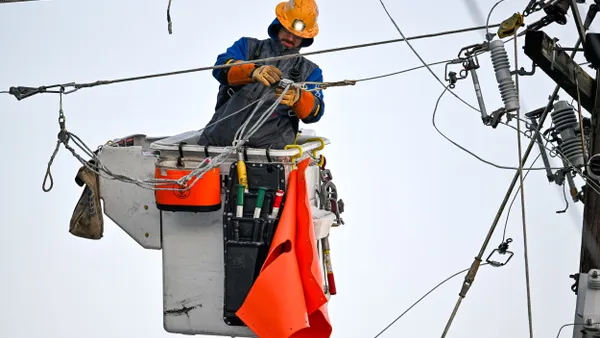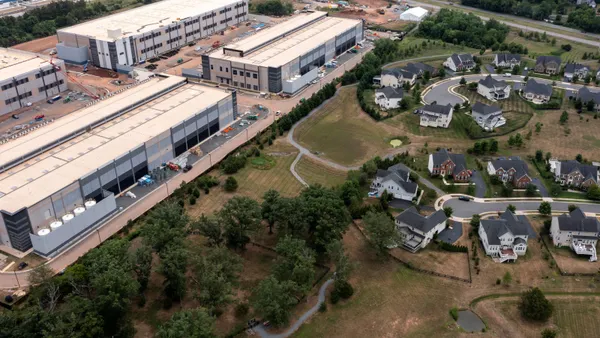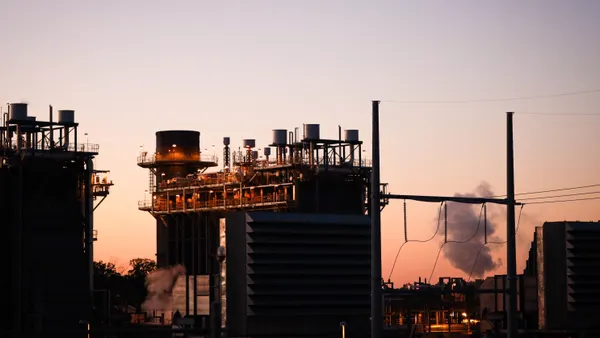Dive Brief:
- A bill introduced into the Maine state senate would ease restrictions on siting small nuclear power facilities, stripping away requirements that all nuclear development be put to a referendum.
- Under the proposal, introduced and backed by Gov. Paul LePage (R), nuclear turbines with a capacity less than 500 MW could be developed without a vote.
- While most nuclear reactors are larger than that threshold, Energy Policy Update speculates that small modular nuclear reactors could be the primary target of the legislation, as they require lower initial investment and are easier to site.
Dive Insight:
Energy Policy Update has an interesting look into legislation proposed in Maine — a state with no nuclear generation within its borders.
Nuclear power has often been controversial in the state. The 900-MW Maine Yankee Nuclear Power Plant was decommissioned a decade ago, and soon after the state followed with legislation that found nuclear power was often times burdensome and that new builds should require a referendum.
But Gov. LePage is pushing bill number LD 1313, or "An Act To Amend the Laws Regarding Nuclear Power Generating Facilities," which would make it easier to construct smaller facilities. The proposal is listed as a "Governor's bill," according to Energy Policy Update, indicating that it originally came from LePage.
The legislation would strike a requirement that all nuclear development be put to a vote, replacing it with language that only applies to large nuclear plants:
"Prior to the construction of a nuclear power plant with capacity greater than 500 megawatts within the State, the question of approving that construction must be submitted to the voters," the proposed bill reads.
The bill would also remove a line stating: "In the recent past, investments in nuclear power plants have caused severe financial strain on consumers."
While few nuclear reactors are smaller than 500 MW, the law could benefit development of so-called "small modular reactors," which the U.S. Department of Energy says "offer the advantage of lower initial capital investment, scalability, and siting flexibility at locations unable to accommodate more traditional larger reactors. They also have the potential for enhanced safety and security."
LD 1313 was referred to the Committee on Energy, Utilities and Technology in the Senate on April 9, but it has not yet been up for a vote.













